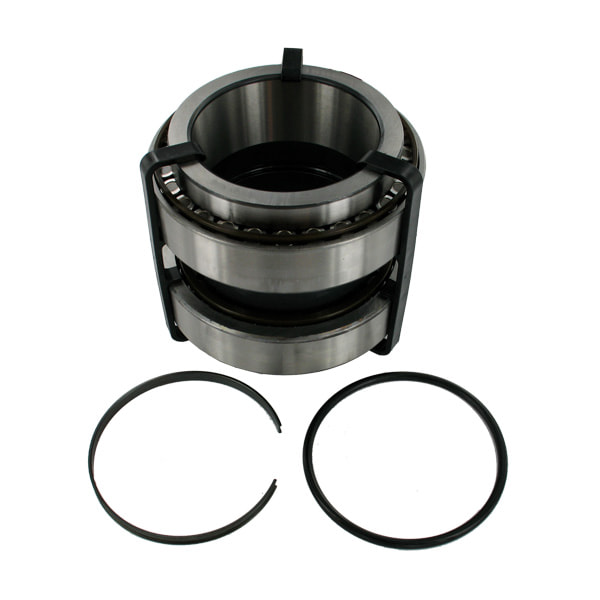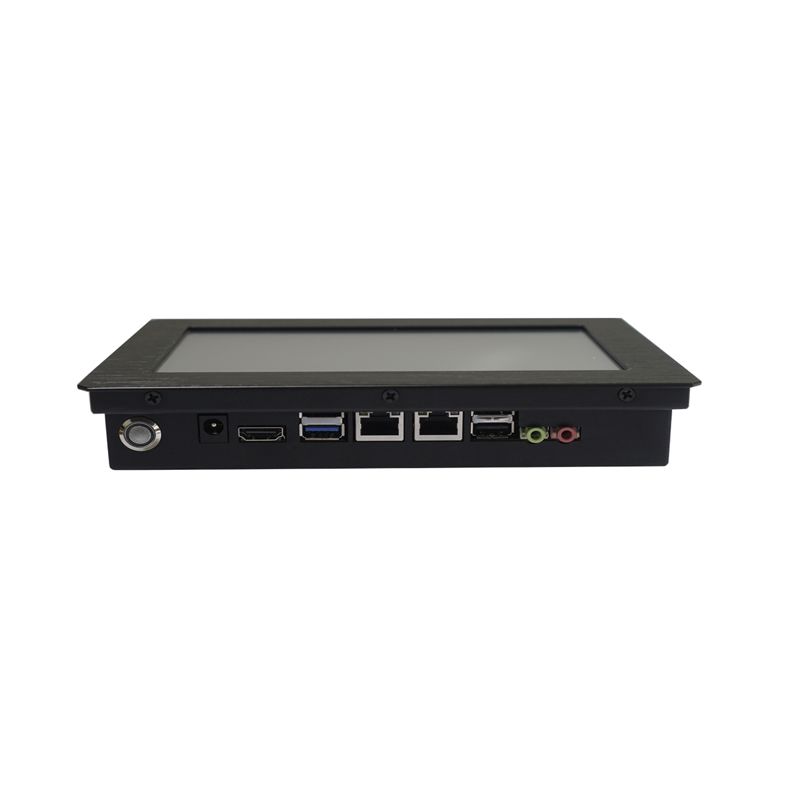How often should hub bearings be replaced?
May. 31, 2024
The replacement frequency for hub bearings depends on various factors, including the type of vehicle, driving conditions, and maintenance practices. Generally, hub bearings are designed to last anywhere from 85,000 to 100,000 miles (approximately 137,000 to 160,000 kilometers). However, there are some considerations to keep in mind:

Driving Conditions: Harsh driving conditions, such as rough roads, frequent off-road driving, and exposure to water and dirt, can shorten the lifespan of hub bearings.
Vehicle Type and Usage: Heavy-duty vehicles or those used for towing may experience more wear on their hub bearings compared to standard passenger cars.
Maintenance Practices: Regular inspection and maintenance can help identify potential issues early and extend the life of hub bearings. Proper lubrication and ensuring the bearings are not exposed to excessive moisture can also help.
Signs of Wear: Hub bearings should be replaced if you notice symptoms such as:
Grinding or humming noise coming from the wheel area.
Vibrations in the steering wheel.
Uneven tire wear.
Featured content:
Unlocking Quality: Stainless Steel Pump Casting Parts Services
How Can Stainless Steel Exhaust Pipes Enhance Performance and Durability?
A Comprehensive Look at Oil Seals Types and How to Measure It
Key Features of Conveyor Table Top Chains
What are the benefits of Mining Straight Bevel Gears?
How Can Longhe Attachment ODM Enhance User Experience Effectively?
Herringbone Gear Pump: The Ultimate Guide to Choosing the Right OneIncreased play or looseness in the wheel.
If you encounter any of these symptoms, it's important to have your vehicle inspected by a professional mechanic to determine if the hub bearings need replacement. Regular maintenance and being attentive to any changes in your vehicle's performance can help ensure your hub bearings are replaced when necessary.
4o
Where to Find the Best Tri Lateral Head Unit for Sale?
Top 5 Reasons to Choose a Reliable Pump Body Exporter Today
How Can Herringbone Gears Reduce Noise in Mechanical Systems?
Used Pallet Inverter vs New: Which One Should You Buy?
Industrial Heat Exchangers Explained
Why Choose Mud Pump Herringbone Gear Exporter?
Ultimate Guide to Rotating Tire Clamps: Installation & Benefits
241
0
0
All Comments (0)
Previous: What Are Thin-Walled Ball Bearings?
Next: Five Methods and Practical Skills for Bearing Fault Diagnosis
Related Articles
If you are interested in sending in a Guest Blogger Submission,welcome to write for us!










Comments